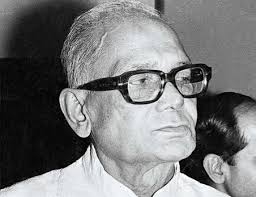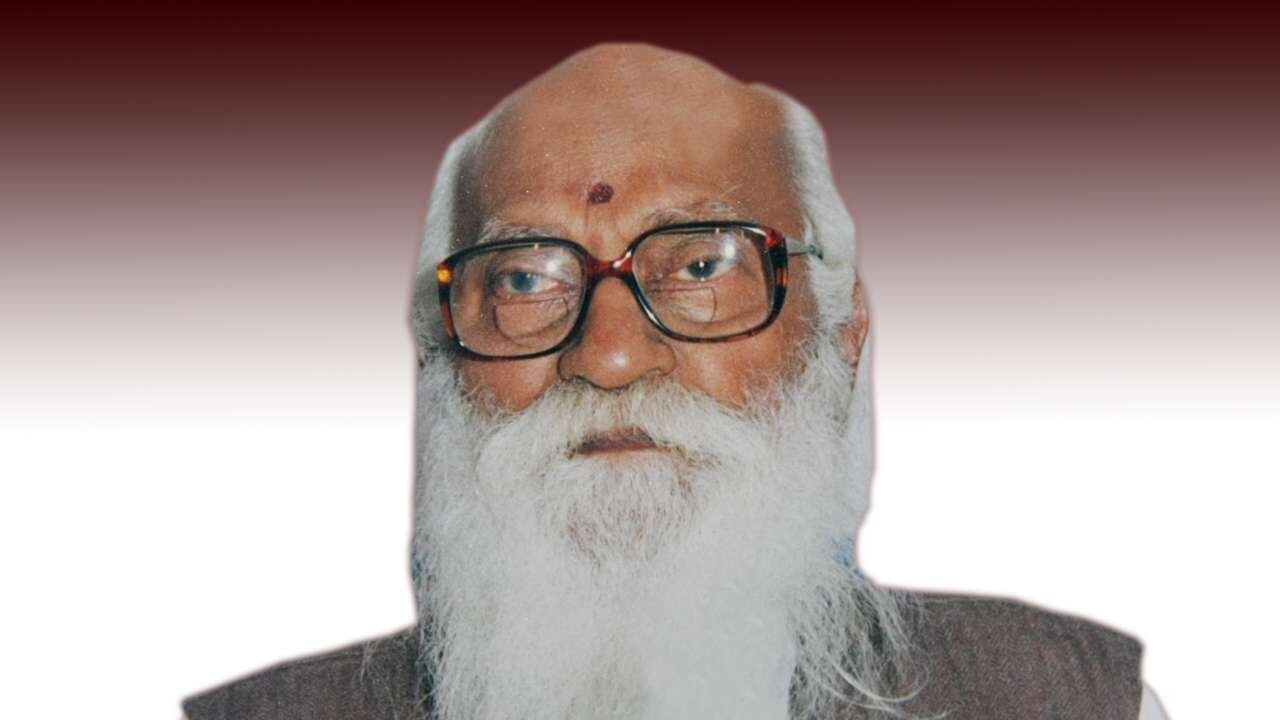Indian History
Birth Anniversaries of Jayaprakash Narayan and Nanaji Deshmukh
- 12 Oct 2022
- 4 min read
For Prelims: Jayaprakash Narayan and his contributions, Bhoodan Movement, Nanaji Deskhmukh and his contributions
For Mains: Post independence role of Jayaprakash Narayan, Nanaji Deshmukh and his contributions to Bhoodan Movement
Why in News?
The Prime Minister of India has paid tributes to Loknayak Jayaprakash Narayan and Nanaji Deshmukh on their birth anniversary.
Who was Jayprakash Narayan?
- About:
- Birth: 11th October, 1902 in Sitabdiara, Bihar.
- Influenced By: Marxist ideas in the USA and Gandhian ideology.
- Contribution to Freedom Struggle:
- In 1929, he joined the Indian National Congress.
- In 1932, he was imprisoned for a year for participation in the civil disobedience movement.
- In 1939, he was imprisoned again for his opposition to Indian participation in World War II on the side of Britain but escaped.
- He played a key role in the formation of the Congress Socialist Party (1934), a left-wing group within the Congress Party.
- In 1929, he joined the Indian National Congress.
- Post-Independence Role:
- In 1948, he left the Congress Party and initiated an anti-Congress Campaign.
- In 1952, he formed the Praja Socialist Party (PSP).
- In 1954, he devoted his life exclusively to the Bhoodan Yajna Movement, of Vinoba Bhave, which demanded land redistribution to the landless.
- In 1959, he argued for a “reconstruction of Indian polity” by means of a four-tier hierarchy of village, district, state, and union councils (Chaukhamba Raj).
- Total Revolution: He led the movement against Indira Gandhi Regime as she was found guilty of violating electoral laws by the Allahabad High Court.
- He advocated a program of social transformation which he termed ‘Sampoorna Kranti' (total revolution) in 1974 against corruption in public life.
- Total Revolution has seven component revolutions, namely- political, social, economic, cultural, ideological or intellectual, educational and spiritual.
- The objective was to bring in a change in the existing society that is in tune with the ideals of the Sarvodaya (Gandhian philosophy- progress for all).
- In 1948, he left the Congress Party and initiated an anti-Congress Campaign.
- Awarded Bharat Ratna: Jayaprakash Narayan was posthumously conferred with India's highest civilian award, the Bharat Ratna (1999), for his "invaluable contribution to the freedom struggle and upliftment of the poor and downtrodden".
Who was Nanaji Deshmukh?
- About:
- Birth: 11th October 1916 in Maharashtra’s Hingoli district.
- Influenced by: Lokamanya Tilak and his nationalist ideology and Dr. Keshav Baliram Hedgewar, founding Sarsangha-chalak(head) of the Rashtriya Swayamsevak Sangh (RSS).
- Participation in Movements: He actively participated in Acharya Vinoba Bhave’s Bhoodan Movement.
- Deshmukh was the main force behind Jayaprakash Narayan's agitation for total revolution.
- Social Activism: He was a social reformer with focus on health, education and rural self-reliance.
- He established Chitarkoot Gramoday Vishwavidyalaya in Chitrakoot - India’s first rural University and served as its Chancellor.
- He did great work towards the anti-poverty and minimum needs programme.
- Electoral Politics: He was one of the main architects of the Janata Party.
- He won in the 1977 Lok election from Balrampur (UP) Lok Sabha constituency.
- He was nominated to Rajya Sabha in 1999 in recognition of his services to the nation.
- Death: 27th February, 2010.
- Awards: He was awarded Padma Vibhushan in 1999.
- In 2019, the President of India, conferred the Bharat Ratna upon him (posthumously) for his services to the nation.








